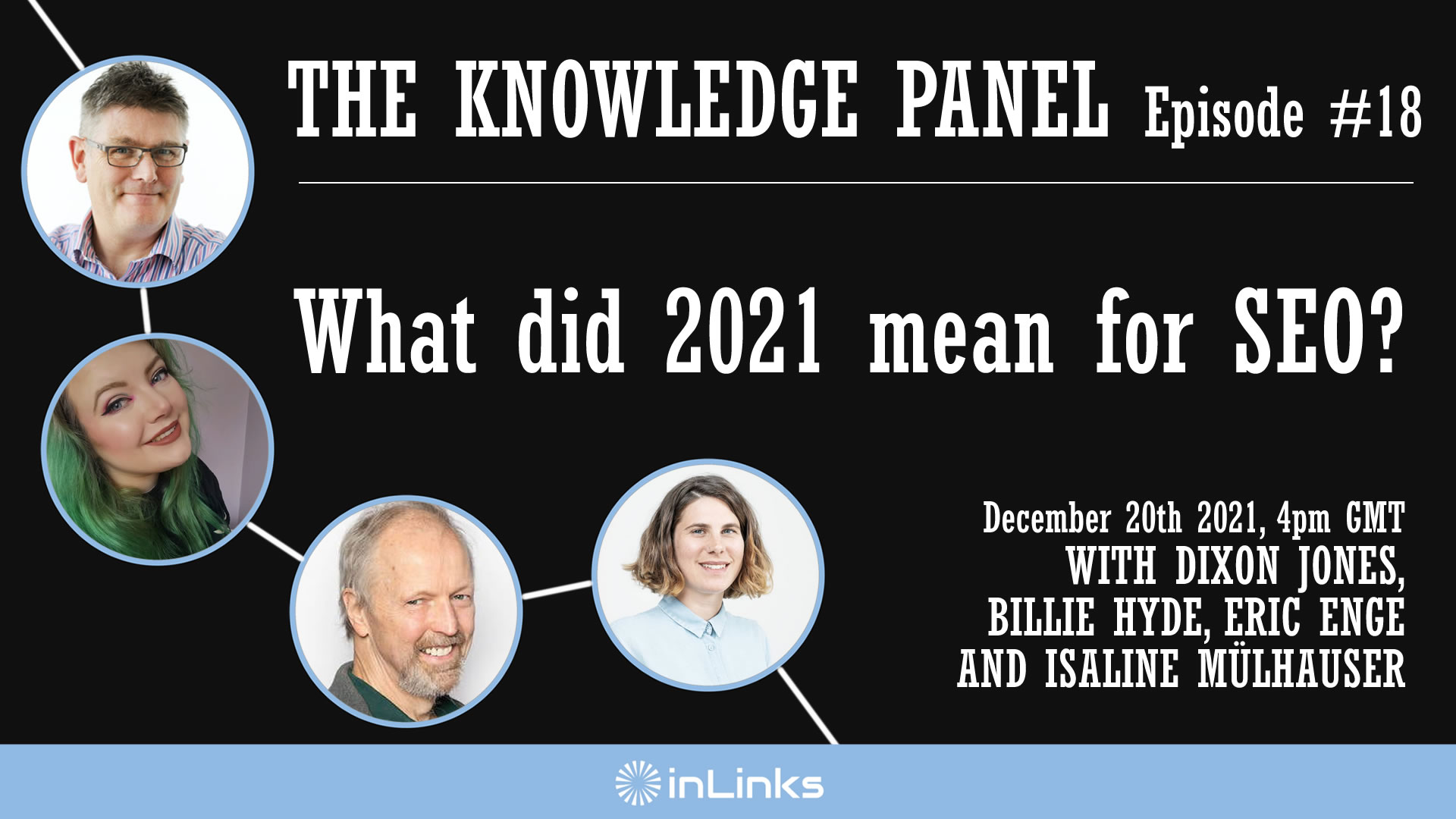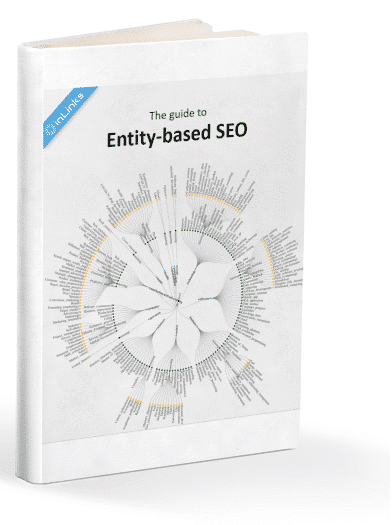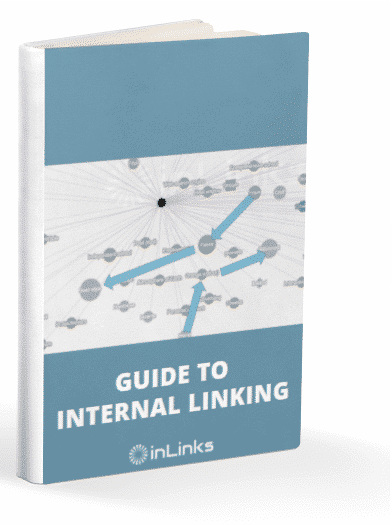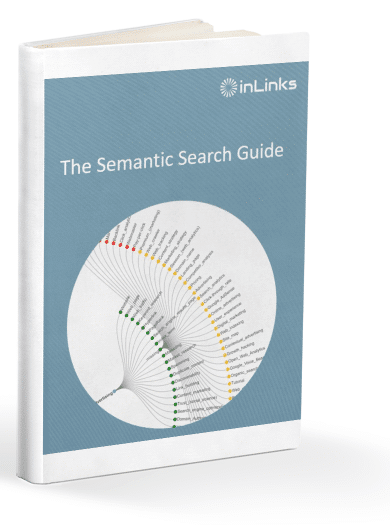As we’re approaching the end of yet another year in SEO, we ask the question “What did 2021 mean for SEO?”
Joining Dixon to discuss that is Billie Hyde from The SEO Works, Eric Enge from Pilot Holding and Isaline Mülhauser from PILEA.

Sign up below to watch future episodes live…
Want to Read Instead? Here is a Summary
In Episode 18 of the Knowledge Panel, the discussion centered around the significant SEO trends and the evolving dynamics of the SEO community throughout 2021. Hosted by an engaging panel of experts, including Izlin Milhauser, Billy from The SEO Works, and Eric Enger, the episode delved into various aspects of SEO, shedding light on topics like Core Web Vitals, Passage Indexing, and the growth of the SEO community.
Introduction and Panel Introductions
The episode kicked off with warm greetings and introductions from the host. The panel consisted of Izlin Milhauser, an SEO consultant specializing in multilingual SEO based in Lausanne; Billy, a senior account manager and training lead at The SEO Works, based in Sheffield; and Eric Enger, founder of Pilot Holding and former CEO of Stone Temple.
Core Web Vitals and User Experience
The panelists engaged in a discussion about Core Web Vitals, a significant development in 2021. The emphasis on page speed and user experience was highlighted as a prominent focus by Google. While the panel acknowledged the importance of Core Web Vitals, it was also noted that some companies may have become overly fixated on speed optimization. The conversation expanded to include broader aspects of user experience, leading to increased collaboration between SEO professionals, user experience teams, and developers.
Passage Indexing and Content Strategy
Another noteworthy development discussed was Passage Indexing, which marked a change in how Google indexed content. The panelists shared their experiences with leveraging Passage Indexing to target specific user journeys and cater to various stages of the sales funnel. This approach involved creating structured content to address specific user queries effectively.
Utilizing Knowledge Graphs
The question of whether to build proprietary knowledge graphs or rely on third-party knowledge graph databases was posed. The panel discussed the benefits and challenges of both approaches. While the consensus was that having a knowledge graph tailored to a specific website was valuable, the panel also recognized the advantages of using external knowledge graphs to supplement the understanding of topics and entities.
SEO Community Growth and Inclusivity
Towards the end of the episode, the conversation shifted to the growth and inclusivity of the SEO community. The panelists agreed that the SEO community had taken strides towards becoming more inclusive, welcoming professionals from diverse backgrounds and experiences. This increased diversity has enriched discussions, perspectives, and ideas within the community.
As we navigate through the ever-evolving landscape of SEO trends, it’s crucial to pause and reflect on the positives, challenges, and potential areas of improvement. In a recent online seminar, a group of SEO professionals engaged in a candid discussion about the state of the industry, the role of diversity, and the impact of search engines on user experience. This blog post summarizes the key points from their conversation, focusing on themes like inclusivity, search engine quality, and the role of paid versions.
Remembering the Good and Embracing Diversity
The discussion kicked off with a positive note as the participants shared their experiences and thoughts on the industry’s progress towards inclusivity. They acknowledged the efforts of individuals like Arrij Abu Ali and Areej AbuAli who have called out conferences for lacking inclusivity and representation. Such actions set a positive example for the industry and encourage others to follow suit. The participants emphasized the importance of acknowledging newcomers and diverse voices within the SEO community. They highlighted the need to move forward collectively, creating an industry where everyone feels welcome and valued.
Strides Toward Diversity in SEO
While progress has been made, it’s evident that there is still work to be done in terms of diversity and representation. Despite increased awareness, top SEO lists and conferences often feature male and white individuals. This lack of diversity can perpetuate a cycle where underrepresented groups don’t feel included. To counteract this, the participants highlighted the importance of actively seeking and promoting diverse voices. They shared the idea of creating a Twitter thread featuring advocates and voices from underrepresented backgrounds to amplify their perspectives.
Search Engine Quality and Monetization
The conversation then shifted towards search engine quality, particularly focusing on Google. Participants debated whether Google’s efforts to monetize results could lead to a decline in result quality. While Google has been exploring various monetization strategies, advertisers are cautious about targeting uninterested audiences. Similarly, searchers want relevant results and might seek alternatives if Google becomes too saturated with ads.
The Paid Version Dilemma
A thought-provoking question arose: Would people pay for an ad-free version of Google? Some participants expressed interest in a paid version that eliminates ads. This raised discussions about the potential viability of a subscription-based model and how users might perceive such a change. The consensus was that while a paid version could be appealing, it’s essential to maintain a balance between monetization and delivering quality results.
Conclusion: Navigating SEO’s Future with Inclusivity and Quality
As the SEO landscape evolves, embracing diversity and maintaining search engine quality remain pivotal concerns. Progress has been made, but the industry must continue to actively support underrepresented voices and ensure that search results remain relevant and useful. Striking the right balance between monetization and user experience is crucial to sustaining trust and engagement. Moving forward, it’s clear that a collaborative effort is required to build an SEO community that’s diverse, inclusive, and committed to delivering valuable content.
The 18th episode of the Knowledge Panel provided valuable insights into the notable SEO trends and community dynamics of 2021. The discussion covered the evolution of user experience optimization, Passage Indexing strategies, and the importance of building and utilizing knowledge graphs. Additionally, the panelists reflected on the growing inclusivity of the SEO community and the benefits it has brought to the industry as a whole.





Thanks for sharing.
Leave a Reply
Want to join the discussion?Feel free to contribute!